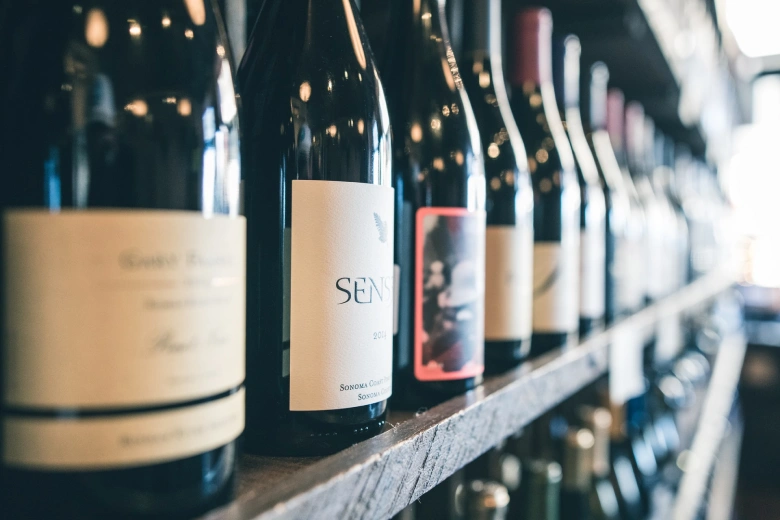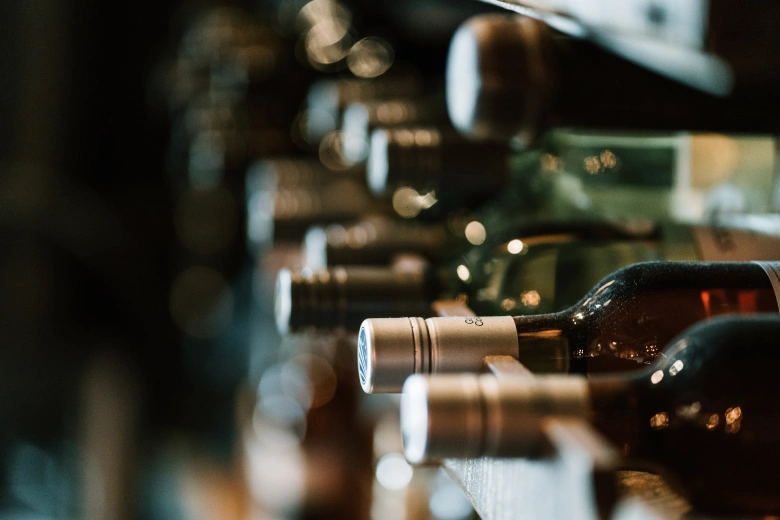Disclaimer: The World Wide Wine. This site provides food and drink content for informational purposes only.
Wine storage sounds like a big fuss, doesn’t it? When you think about what to consider, from the temperature to the light exposure, you’ll probably find it a tedious part of the wine experience. But how and where you put the bottles of vino you’ve bought isn’t meant to burden you.
Proper wine storage is necessary because it’ll help maintain the quality of the drink and allow you to stash it for long.
Although it’s easier to prop the cabernets and the zinfandels on the kitchen counter after getting them, these refined bottles of alcohol may not taste well after several months. Maybe they’ll taste like they’ve been cooked or maderized. Maybe you’ve even stored them too long, they’re past their prime and no longer a joy to drink.
What’s the best way to store wine?
When storing wine, you don’t need to remodel the home to make way for a cellar. If you only buy a few bottles now and then, a dedicated, temperature-controlled room isn’t necessary. So adequate wine storage doesn’t have to be pricey nor fussy.
But you must follow the basic things:
-
Store wines with corks on their side
Horizontal orientation keeps the cork moist. Why do you need to keep it moist? If it dries out, it’ll age the wine prematurely and let too much air in; too much air leads to oxidation, which means the wine loses its flavor profile and develop a brown hue or become less vibrant.
But what if you bought a capped bottle? Store it upright or sideways.
-
Keep it away from sunlight
There’s a reason wine storage is situated in a basement, underground or even a cave. UV exposure can ruin a perfectly good bottle of Bordeaux, chardonnay or whatever varietal you’re keeping. When you put bottles by the window in the kitchen or leave them out where the sun can bathe them in UV rays, they will degrade and age prematurely.
What about lights in your home? Don’t bulbs emit UV light? They may, but they won’t do as much damage as direct sunlight. At most, prolonged exposure to indoor lighting will fade the wine labels.
Light exposure is the reason winemakers use colored bottles; they function as “sunglasses.”
-
Stash your wine away from vibration
Vibration here doesn’t refer to when earthquakes hit. We’re referring areas that could cause reverberation, like a music room or an exercise space. Why anyone would keep vino in either room escapes us, but some people may not know that vibration degrades wine flavor and aroma.
Reverberations don’t just disturb sediments necessary for aging the wine well. They also create chemical reactions that dull the flavor of the alcoholic drink.
So if you’re a big wine drinker and love to store more than the average person, you hopefully do not live near a train track.

-
Cool your wine, but don’t refrigerate
Can you use your fridge for long-term storage of wine? Never keep your wine where the temperature could hit below 25 °F (-4ºC). When that happens, your wine freezes. And you do not want your wine to freeze because it’ll expand, pushing the cork out.
Never store your wine where the temperature will reach above 68°F (20°C) because it’ll speed up the aging process and ruin volatile compounds.
It would be worth it to spend a bit of money on a wine cooler if you keep a lot of bottles at home. A fridge designed for wine will keep bottles cool at 50-60˚F (10-15˚C). Some coolers even feature humidity controls and setting for champagne storage. When buying your wine fridge, consider your options carefully.
-
When you’ve opened a bottle and want to store it, don’t just seal with any old thing
It happens. You’ve gone through a few glasses and there’s still some left in the bottle. You don’t want to throw it away because you’re planning to get pizza the next night. And a pinot noir is delightful with this food pairing. If you’re planning to drink it the next night, recork the bottle immediately. The pinot noir will keep for three or five more days. If the cork is destroyed or splintered, you’ll hopefully have a rubber wine stopper around.
And finally, if you haven’t got a wine fridge and only have a rack, where is the best place to store wine in your home? Some would think the kitchen is the best place, but that space gets hot. And heat is wine’s enemy. But if your kitchen is roomy enough, a countertop far away from sunlight would be a good place to store your wine bottles. A cool dark closet also works, so long as it’s far from potential vibrations.
But for investment wines, the types you get at auction houses or the ones you reserve for ultra-special occasions, a wine refrigerator is worth the purchase.

